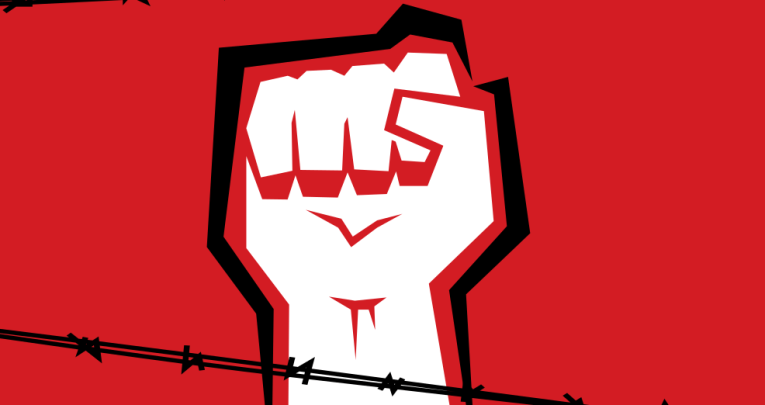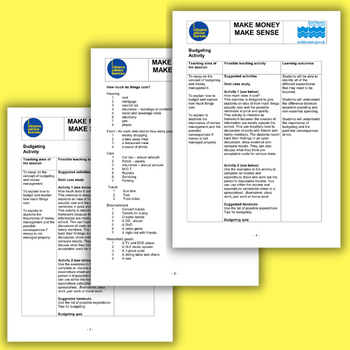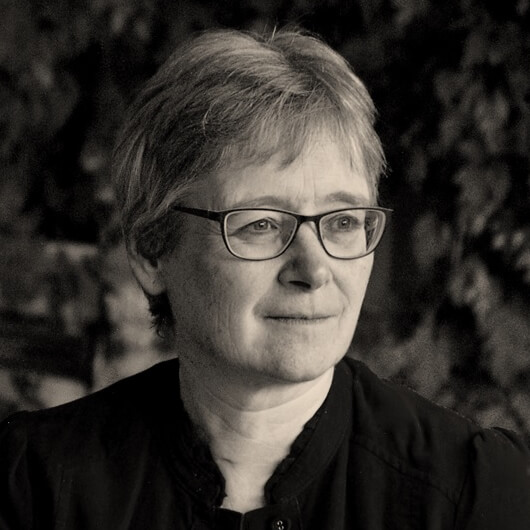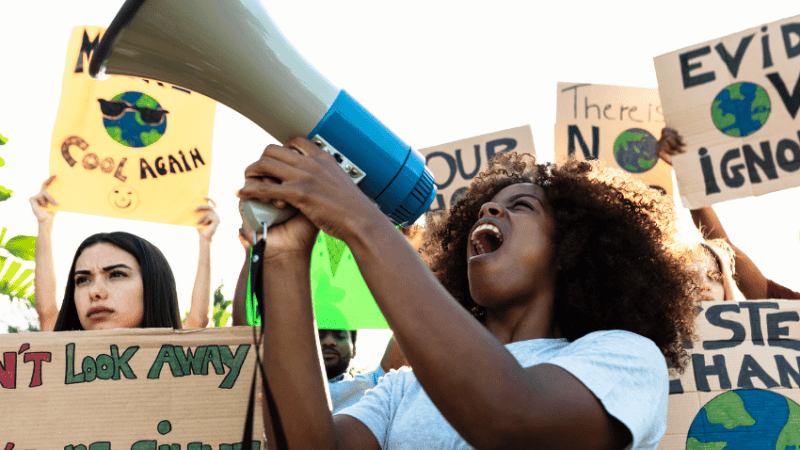How to Choose Books to Engage Secondary Students in Politics

Can fiction encourage young people to engage with politics? Given the right titles, absolutely yes, says Tracey Mathias…

Reading is a complex activity with many motivations and outcomes, and the roots of political engagement are similarly diverse and tangled.
But while there may not be a direct highway between what we read and how we act politically, there could be certain ways of reading, and certain books, which can start to develop in us a political sense.
Windows and mirrors
Reading a novel takes us intensely into the imagined life of an individual: we are hooked in and drawn on by a unique character and the particularity of their story; we see, feel and experience it with them; are invited into the private world of thoughts, emotions, and bodily sensation.
But the individual story unfolds in a bigger context; it is enmeshed in, constrained, and influenced by structures of power and culture. In this sense, all novels are political (even the Bennet sisters must navigate structures of class and gender as well as love).
To draw attention to this when we discuss books may feed into teens’ developing awareness of the wider and more complicated relationships that lie beyond family and friendship; an embryonic political consciousness.
When reading, we practise empathy; we look (or maybe climb) through windows into other lives. We ask ‘what would it be like to be…?’.
This empathic excursion can be part of a political education, as long as we give young people a diverse range of books that sketch the complex, multiple and various political landscapes in which we live.
We read for identification too: to feel echoes and see reflections of ourselves. The book becomes a mirror, rather than window. Books about our own lives are a validation; a confirmation of our selfhood; a mark that we belong to a community and have a part to play in it.
Powerful stories
All novels may be political, but some are emphatically more political than others; articulating more fully and with more complexity the interplay between the individual’s story and the wider world; asking us to make empathic journeys which address explicitly political questions (what’s it like to be a refugee? Homeless?) or written with passionate engagement and anger.
There are some powerful young adult books on the shelves that tackle political questions head on. Two notable examples were on the Carnegie list this year: Angie Thomas’s The Hate U Give, and Marcus Sedgewick’s Saint Death.
Both carry us with vivid immediacy into lives that are directly and brutally affected by racism and injustice; poverty and global inequality.
The stories in both are stark, realist and unflinching; though Thomas offers us more of a sense of hope (through solidarity and communal action) than Sedgewick’s bleaker vision of individual powerlessness.
Dystopia can also offer a way into political conversations and awareness, throwing political trends into sharp relief (surveillance and totalitarianism in 1984, gender inequality in The Handmaid’s Tale, economic and political inequality in The Hunger Games).
In a sense these are dark fantasies, thought experiments in ‘what if…’, but that’s not all. Attwood writes in the preface to The Handmaid’s Tale that nothing in the novel has not at some time and place existed in the real world, and all dystopia can be interrogated like this: how many of the characteristics of this world lie not in the future but now?
A politics of hope
The world is fractured, harsh and difficult: it’s easier to imagine dystopias than utopias. How do we offer young people a politics of hope? Empathy and connection are key, I think.
I keep returning to that moment in Middlemarch when Dorothea opens her curtains after a night of private agony. ‘Far off in the bending sky was the pearly light and she felt the largeness of the world… She was a part of that… life.’.
Awareness of the wider world brings an awareness of its trouble but also of the possibility of comradeship, of mutual solidarity and joint action. This too, is a political realisation, and a necessary one.
Tracey Mathias is writer-in-residence at the DaCapo Music Foundation. She previously taught at a sixth form college and worked for the British Council. Night of the Party (Scholastic), is her YA debut. She is available for school visits – to find out more, email publicity@scholastic.com.











